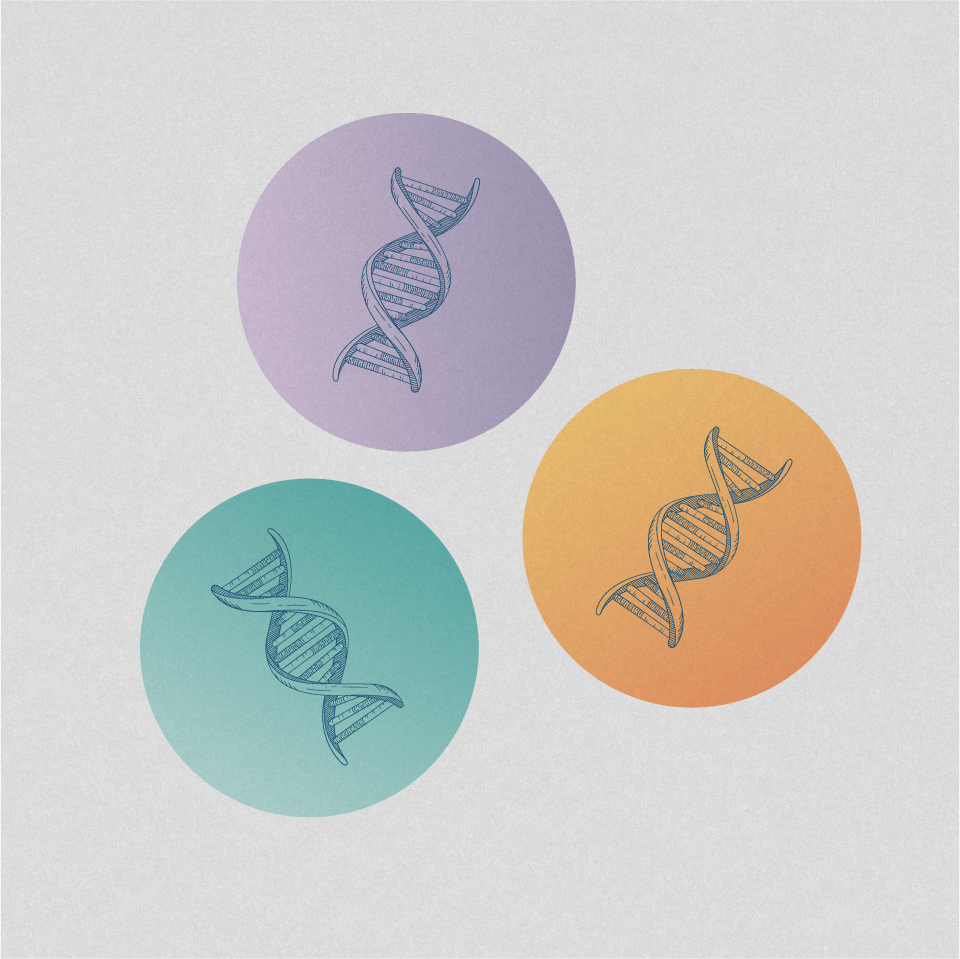
Expert insights on the treatment of migraine in 5 years’ time
Traditionally, most migraine treatment options have been non-specific and limited by the risk of adverse events and the presence of comorbidities.1 To date, clinicians have been encouraged to take a stepwise approach to the pharmacological management of migraine, trying older, often non-migraine-specific drugs before escalating treatment, without considering the needs of the individual patient.2 The recent development of several classes of migraine-specific medications has provided a greater number of, and improved, treatment options for this patient population.1,3 With the migraine treatment landscape evolving, clinicians are being encouraged to develop a more patient-centric model of care, whereby the clinician is empowered to select the right treatment for the right patient at the right time.2 This raises a number of interesting questions as to the future of migraine treatment in the next 5 years.
Professor Antoinette Maassen van den Brink (Professor of Neurovascular Pharmacology at the Erasmus Medical Centre in Rotterdam, Netherlands) and Professor Pablo Irimia Sieira (Professor of Neurology in the University of Navarra in Pamplona, Spain) convened at the 16th European Headache Congress to discuss their expert opinions on where they envisage the treatment of migraine being in 5 years’ time. The experts discussed the future of personalised medicine, calcitonin gene-related peptide pathway monoclonal antibodies and preventive migraine treatment.
Ceriani CEJ, Wilhour DA, Silberstein SD. Novel medications for the treatment of migraine. Headache 2019;59:1597–608.
National Headache Foundation. National Headache Foundation Position Statement on the Treatment of Migraine. 2022. Available from: https://headaches.org/national-headache-foundation-position-statement-on-the-treatment-of-migraine/. Accessed February 2023.
Cohen F, Yuan H, DePoy EMG, et al. The arrival of anti-CGRP monoclonal antibodies in migraine. Neurotherapeutics 2022;19:922–30.



